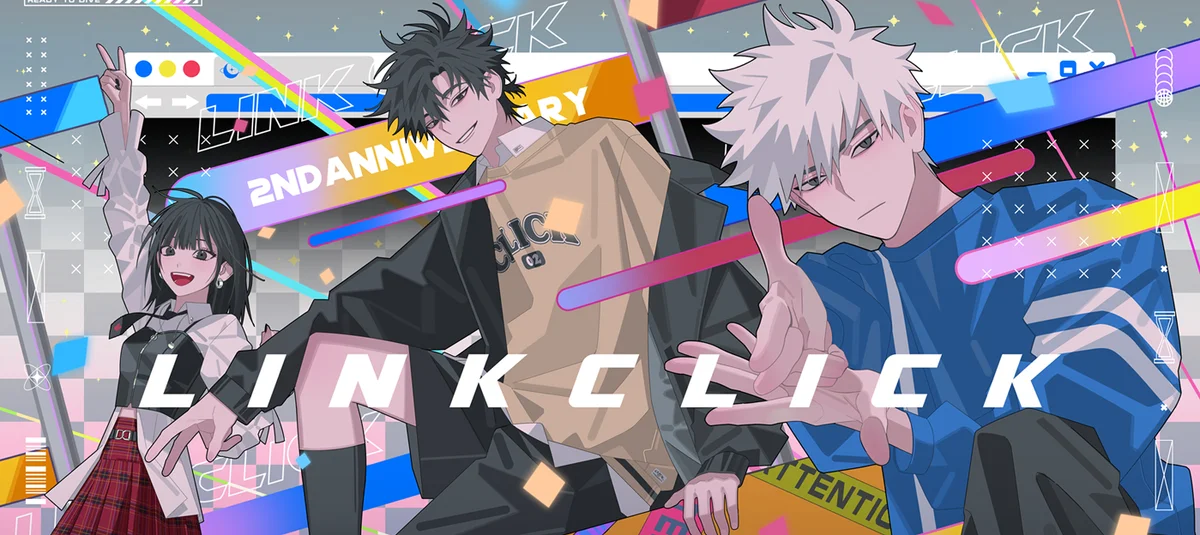In today’s world, where culture is both a mirror and a weapon, exporting a creative work beyond one’s borders often feels like walking a tightrope. Between fidelity to local identity and the gravitational pull of global markets, creators must choose: to remain rooted, or to translate themselves. South Korea and Japan have perfected this balance, transforming pop culture into an economic force. China and France, however, are still negotiating their position within this delicate geometry.
What Is Modern Donghua?
Chinese animation, or Donghua (动画), occupies a fascinating liminal space. Take Link Click (时光代理人): a series acclaimed by audiences in both China and Japan, praised for its deft editing, rich atmosphere, and tight pacing. Beneath the surface lies a paradox. Its emotional cadence, shot composition, and promotional strategy all echo Japanese animation more than local Chinese conventions.

When Link Click premiered with a Japanese dub in early 2022, complete with famous Japanese voice actors like Toyonaga, Sakurai, and Koga, it was clear the series was not just speaking to Chinese audiences. It was code-switching into a language global anime fans already understood.
Even the marketing followed familiar templates: Japanese-style posters, trailer drops timed to Japanese release calendars, and an emphasis on recognizable talent.
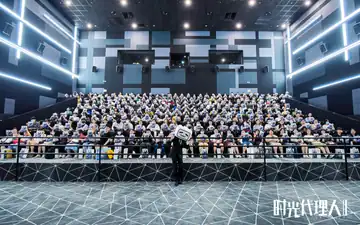
Yet the show’s success within China was immense. It drew high viewership on Bilibili and glowing reviews, giving the sense that local animation had finally reached parity with its Japanese counterpart. Abroad, however, reception was muted. French critics on Allociné praised it as a hidden gem and lamented that “this series isn’t better known in France.” It seems that Donghua has crossed oceans but not yet cultural borders.
Export Strategies of Chinese Studios
Studios like Bilibili have embraced the challenge head-on. At its “Anime Made by Bilibili” event, the platform unveiled 68 new titles for 2023–2024, several described as “anime-inspired stories” and backed by a partnership with Fuji TV to create B8station, a Japanese channel dedicated to Chinese animation.
The message is clear: if audiences will not come to Donghua, Donghua will go to them.
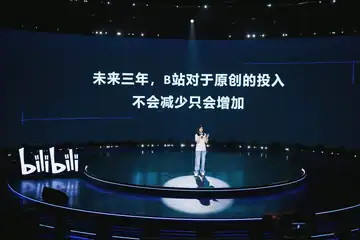
Bilibili now distributes nearly 70 Chinese series through international platforms such as Crunchyroll and Netflix, and its “MADEBYBILIBILI” YouTube channel hosts over 135 titles. Collaborations with Japanese studios like Aniplex and with Korean production houses reflect an expanding transnational network.
But if neither storytelling nor animation quality is to blame for limited reach, what invisible wall still stands in the way?
Cultural Barriers to Chinese Exports
The answer lies in translation, not just linguistic but cultural. Chinese works often draw on deep reservoirs of imagery and idiom: wuxia mythologies, imperial allegories, and the musicality of Mandarin itself. To those outside this context, such layers can feel opaque or ornamental.

As one Reddit user aptly noted, wuxia is to China what Tolkien’s fantasy is to the West: a vast narrative ecosystem that remains largely untranslated. And since Mandarin is a high-context language, the leap into English or French demands far more than word substitution.
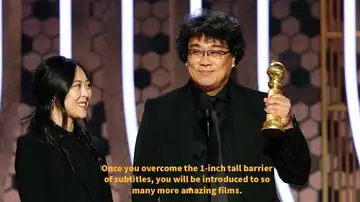
Subtitles, too, act as a gate. Bong Joon-ho once called it “the one-inch barrier of subtitles”, the fragile screen separating entire worlds of storytelling.
China’s industry, aware of this reluctance, often invests more in Japanese or English dubs than in native-language promotion. Ironically, the global image of Donghua is increasingly filtered through non-Chinese voices, a translation loop that distills cultural specificity into aesthetic familiarity.
Clair Obscur: A French Game for the World
The mirror image of this phenomenon can be found in France.
Clair Obscur: Expedition 33, developed in Montpellier by Sandfall Interactive, looks and feels like a Japanese RPG, a baroque dreamscape with painterly art direction. Yet it is unmistakably French in conception and temperament.

Despite that, the studio chose English as its working language, hired Charlie Cox and Andy Serkis for voice work, and even synchronized the lip-sync to the English version. French, the language of Molière, became a subtitle.
The decision baffled some local fans, but commercially, it paid off. The game sold over one million copies in three days. It was the same strategy as Bilibili’s: adapt to the lingua franca of success.

National Pride and Global Language
From Ubisoft blockbusters to arthouse animation (Persepolis, Long Way North), French studios increasingly default to English, not out of defeat but necessity.
This pragmatism opens global doors, yet it sparks an anxiety: if every story must speak English to be heard, what becomes of cultural texture?

The contrast with South Korea and Japan is telling. Their industries thrive on linguistic confidence, content exported with multilingual infrastructure and state-backed support. Korea’s Hallyu wave and Japan’s Cool Japan initiative have built economies of identity, where translation amplifies rather than erases.
Korean and Japanese Success in Comparison
South Korea, through K-pop and K-dramas, has transformed entertainment into a geopolitical tool. As the Wesleyan Business Review notes, BTS and Blackpink attract “millions of fans and billions of dollars” while Netflix invests heavily in Korean series like Squid Game.
Japan, meanwhile, channels national policy into pop exports, projecting 4.7 billion yen in animation and game sales abroad, roughly the same value as its steel exports.
Their success is not accidental. It is the result of policy, infrastructure, and linguistic accessibility working together.
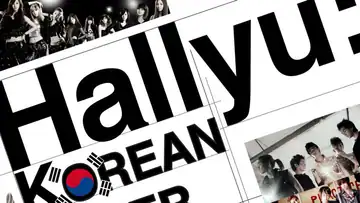
The Paradox of Cultural Globalization
At the heart of global media lies a quiet contradiction: to be seen, one must disguise oneself.
Cultural recognition often comes only after aesthetic self-translation into the codes of dominant markets, once Western, now increasingly Japanese. The so-called “universal” is merely the familiar, exported under new flags.

Globalization, then, is not a melting pot but a mirror hall that reflects the same few silhouettes from every angle. Donghua, French games, and countless other creative voices pass through this mirror, their contours softened until they fit the world’s expectations.
Perhaps the next step is not to abandon translation, but to redefine it, to let cultures meet halfway rather than dissolve. Until then, the paradox endures:
to be heard, one must echo; to be seen, one must blur; and every act of recognition carries the quiet cost of forgetting where we began.
- yaro
